2 August 2020
Sara Bloomfield
Director, United States Holocaust Memorial Museum
Statement on the occasion of the European Holocaust Memorial Day for Sinti and Roma 2020
I would like to thank the Central Council of German Sinti and Roma for inviting me to offer these remarks today. It is an honor to be with all of you on this important occasion.
Let me begin by quoting a survivor’s testimony:
“At 5 o’clock in the morning six men from the Gestapo were suddenly standing in front of the door of my flat. They ordered all of us to get dressed immediately. My wife and six children were supposed to go, too; the youngest was only three years old. The Gestapo apologized, saying that it was urgent, because we were to be resettled. When we weren’t going fast enough, the men got rough with us. When we went out of the house, we saw the lorry.”
Now that day, back in 1943, 141 people, ages 3 months to 79 years, were picked up in Munich. Their destination was Auschwitz.
But who were they?
Many might assume they were Jews. But these victims were Sinti.
Survivor testimony provides a powerful reminder of our obligation not only to remember, but also to learn from the frightening crimes committed against Jews, against Roma and Sinti, and against other groups that were targeted by Nazi Germany, its allies, and thousands of local collaborators all across Europe.
Today marks the seventy-sixth anniversary of the liquidation of the so-called “Gypsy Family Camp” at Auschwitz-Birkenau, a place I have seen many times, when thousands of Roma and Sinti men, women, and children were murdered in a single night, gassed just like the million Jews who perished in that same death camp. The terrible fate of the Roma and Sinti is a little known and often neglected part of this important history.
In addition to recalling this history and honoring the Roma and Sinti victims, it is important to note that we are remembering these tragic events at a moment when anti-Roma sentiment is on the rise today, as is antisemitism. Today’s commemoration challenges us to remember, to learn, and to act. Not only to ensure memory of Roma and Sinti victims of the Nazi era; but to combat discrimination against Roma and Sinti today in so many countries that we would like to call “civilized.”
The United States Holocaust Memorial Museum has assembled powerful research collections regarding the Nazi persecution of Roma and Sinti. We have sponsored fellowships, workshops and seminars, and assisted organizations seeking to provide forced labor compensation to Roma and Sinti survivors. And yet, we all know, because we can see the evidence around us, that not enough has been done to tell this history and embrace its lessons.
Twenty years ago, Raul Hilberg, a leading scholar of the Holocaust, noted that too little had been done to recognize the crimes perpetrated against Roma and Sinti during the war or to protect them against postwar discrimination.
The Roma, he said, “are vulnerable wherever they go…. If we want to build a world in which there is justice for all, where do we start?
The answer,” he replied, “is with the Roma.”
As we commemorate today, let us remember the dead, let us listen to the voices of survivors, let us remember the mothers, fathers, sons and daughters who were killed.
And let this history be an inspiration for a better world.
Justice for all, justice for Europe’s Roma and Sinti communities, and for many other victims of racism and other hatreds is still not yet achieved.
There is so much work to do.
I join you today in this important commemoration and thank you for the honor of participating.
Further information material of the US Holocaust Memorial Museum:
Statements
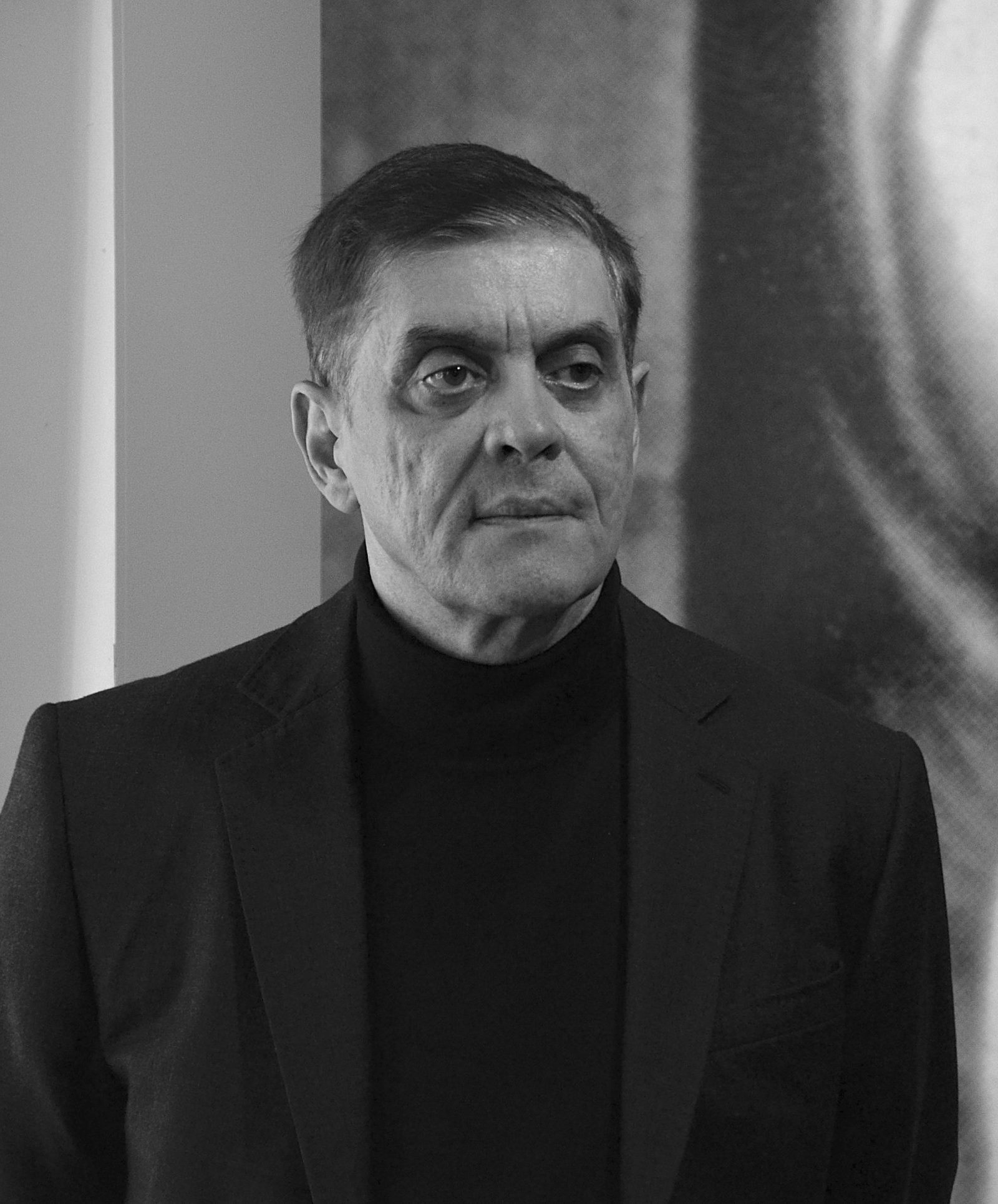
Romani Rose
Chairman of the Central Council of German Sinti and Roma

Katarina Barley
Vice President of the European Parliament
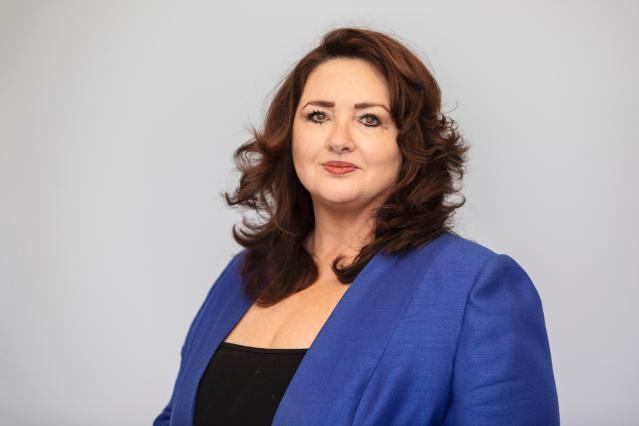
Helena Dalli
European Commissioner for Equality
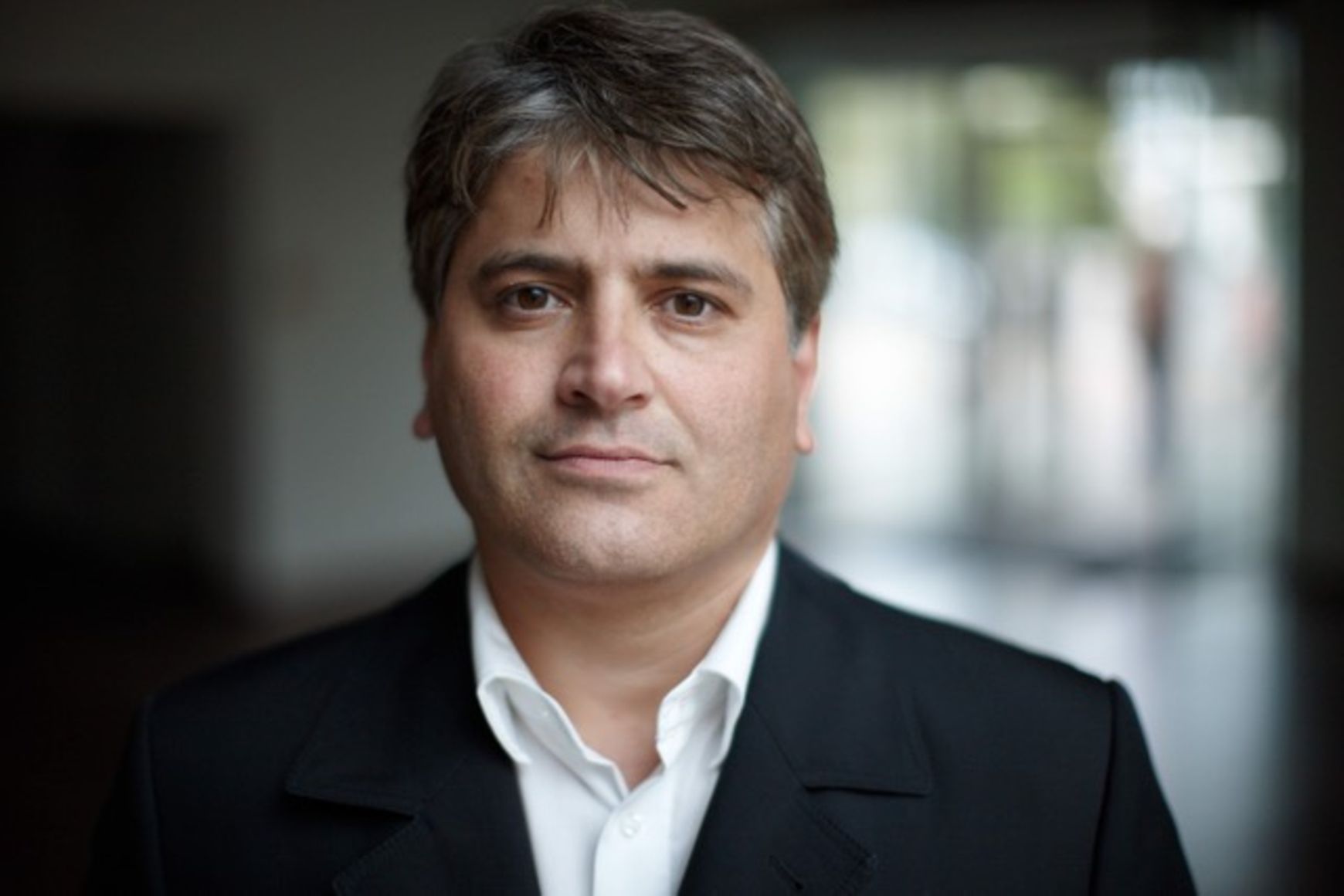
Mehmet Daimagüler
Dr. Mehmet Daimagüler, Antigypsyism Commissioner of the Federal Government

Roberta Metsola
Roberta Metsola, President of the European Parliament
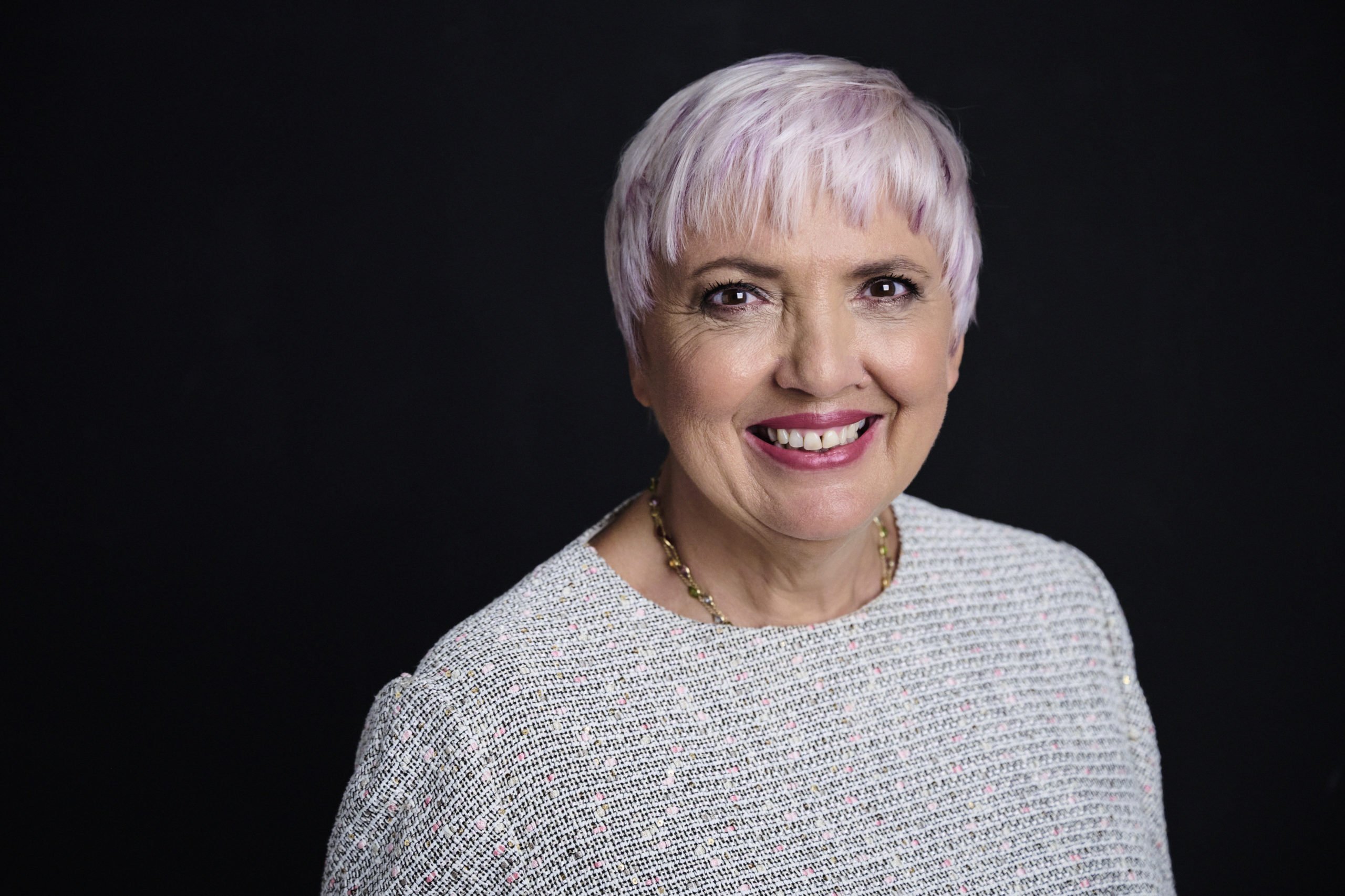
Claudia Roth
Vice President of the German Bundestag
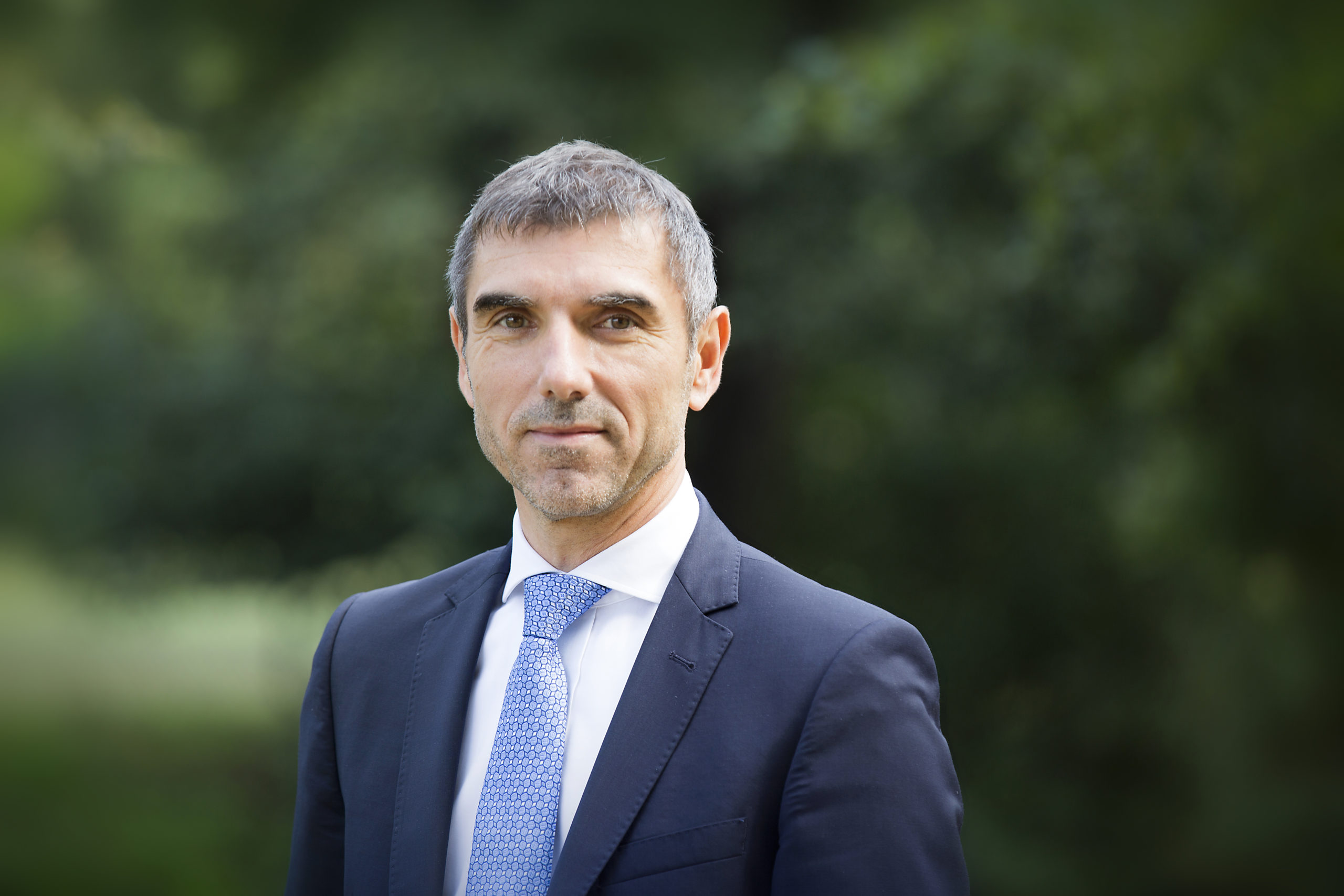
Paul Blokhuis
Dutch State Secretary Paul Blokhuis
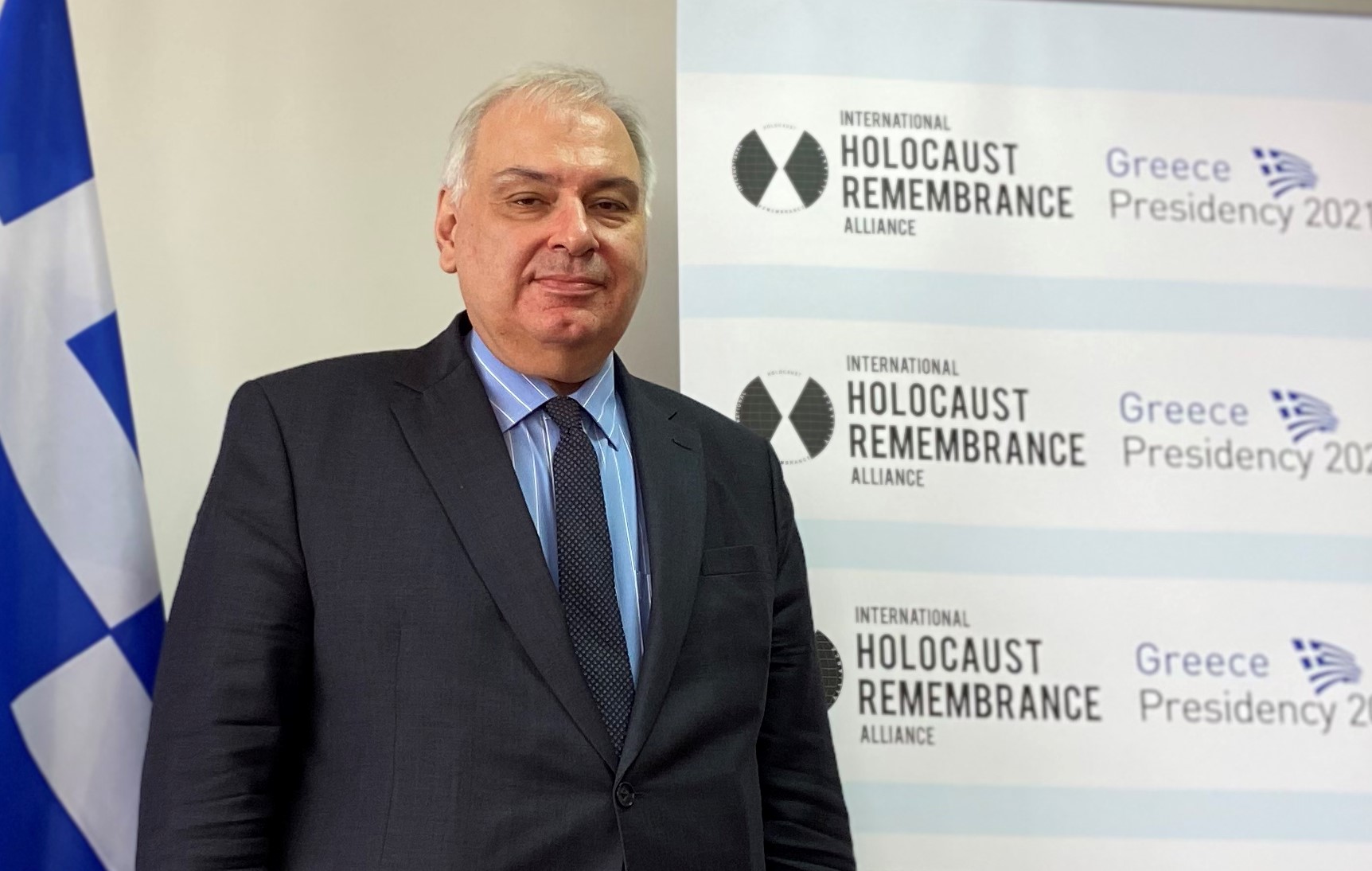
Chris J. Lazaris
Amb. Chris J. Lazaris, IHRA Chairman
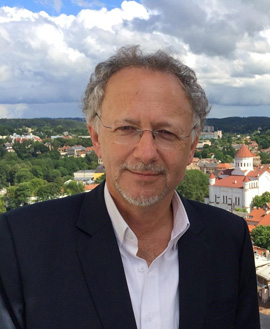
Fernand des Varennes
UN Special Rapporteur UN minorities
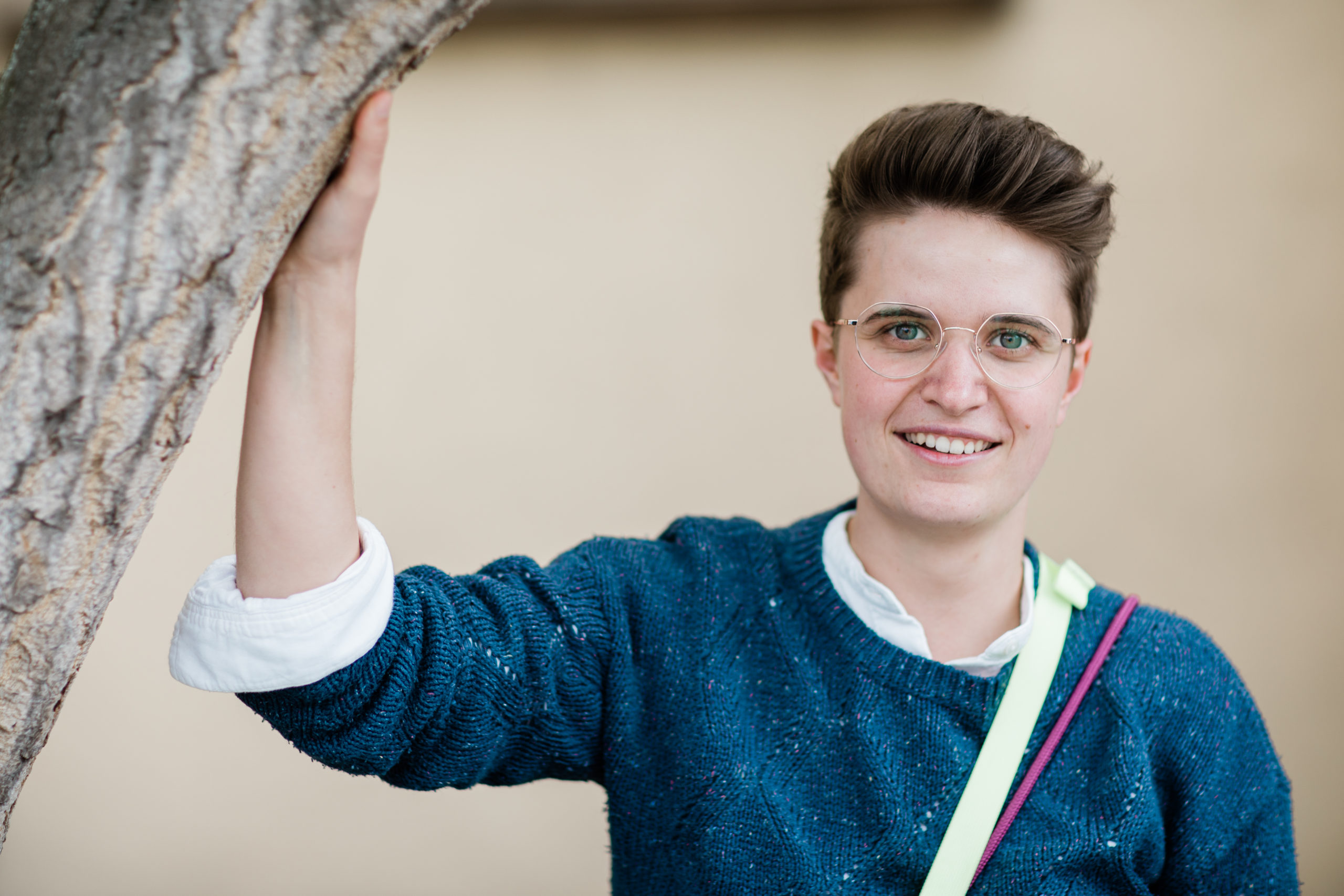
Anna-Nicole Heinrich
President of the Synod of the Evangelical Church in Germany (EKD)

Justin Trudeau
Prime Minister of Canada
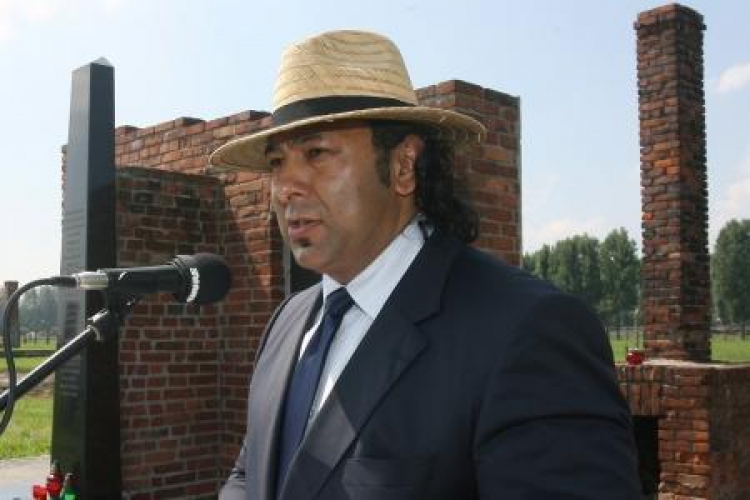
Roman Kwiatkowski
Chairman of the Association of Roma in Poland
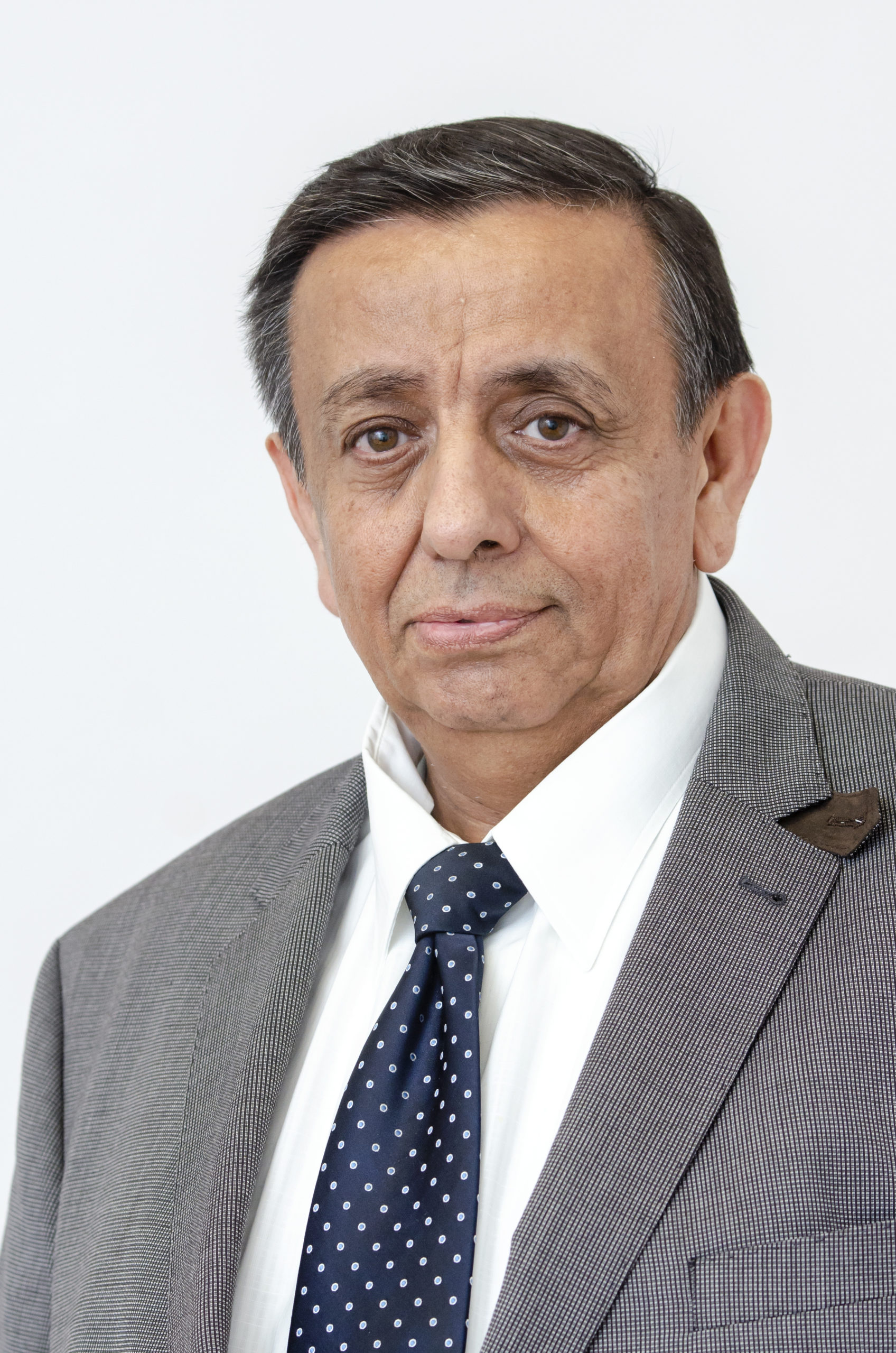
Erich Schneeberger
Deputy Chairman of the Documentation and Cultural Center of German Sinti and Roma and Chairman of the Association of German Sinti and Roma
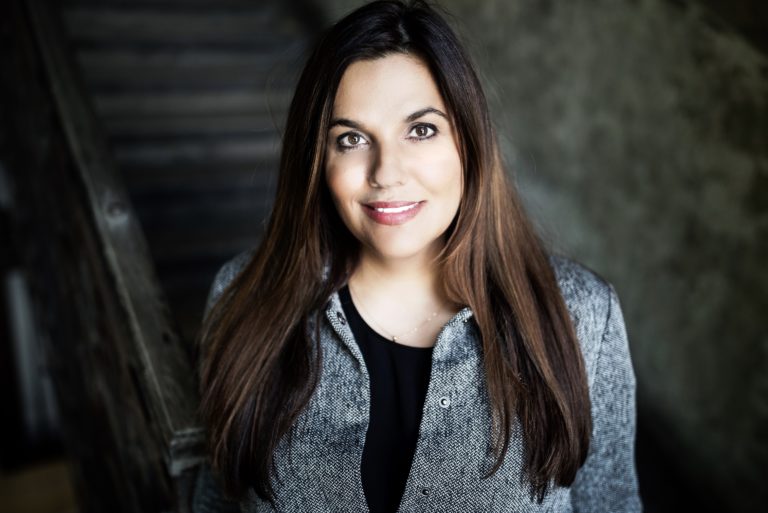
Timea Junghaus
Executive Director
European Roma Institute for Arts and Culture (ERIAC)
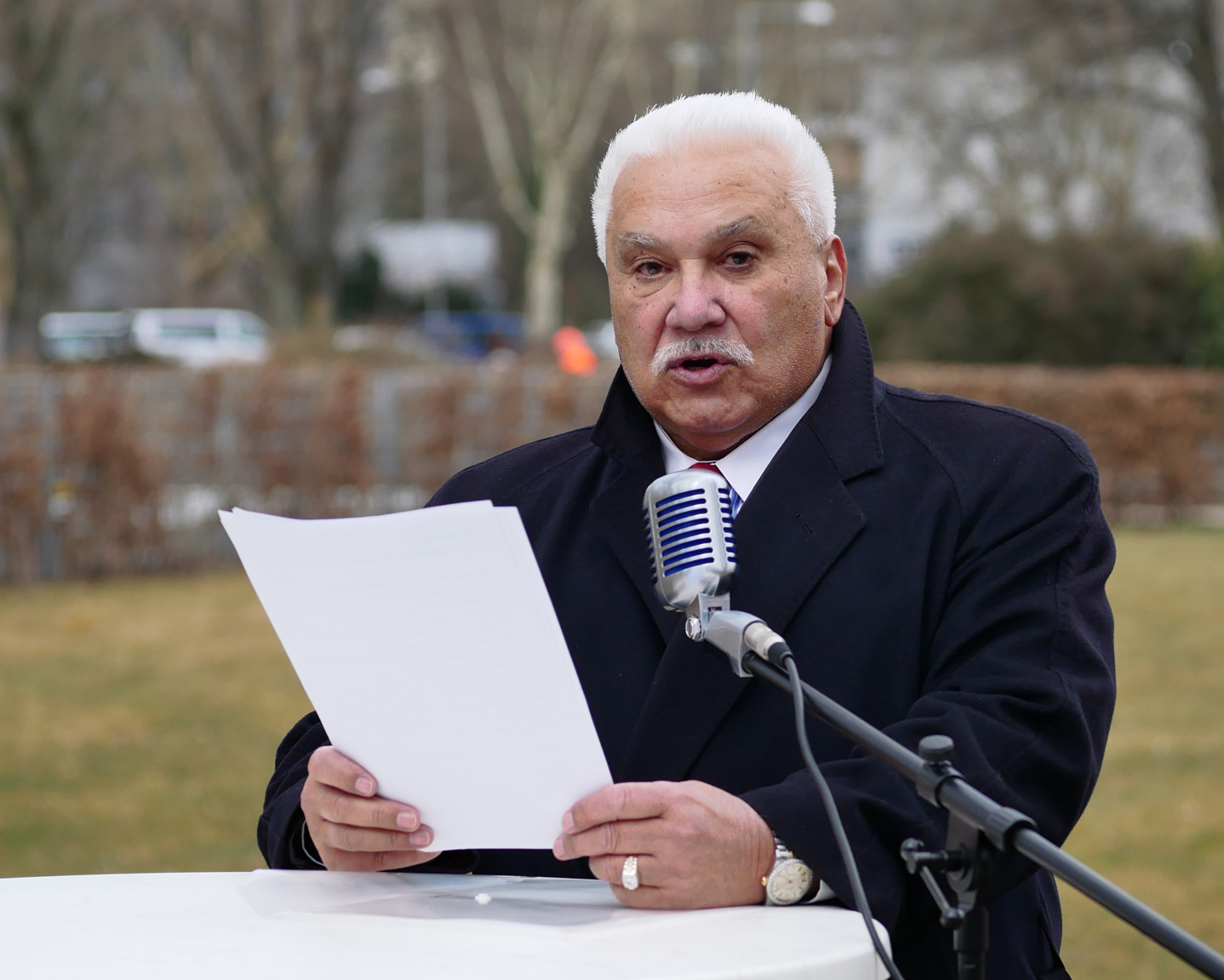
Adam Strauß
Chairman of the Council of German Sinti and Roma in Hesse
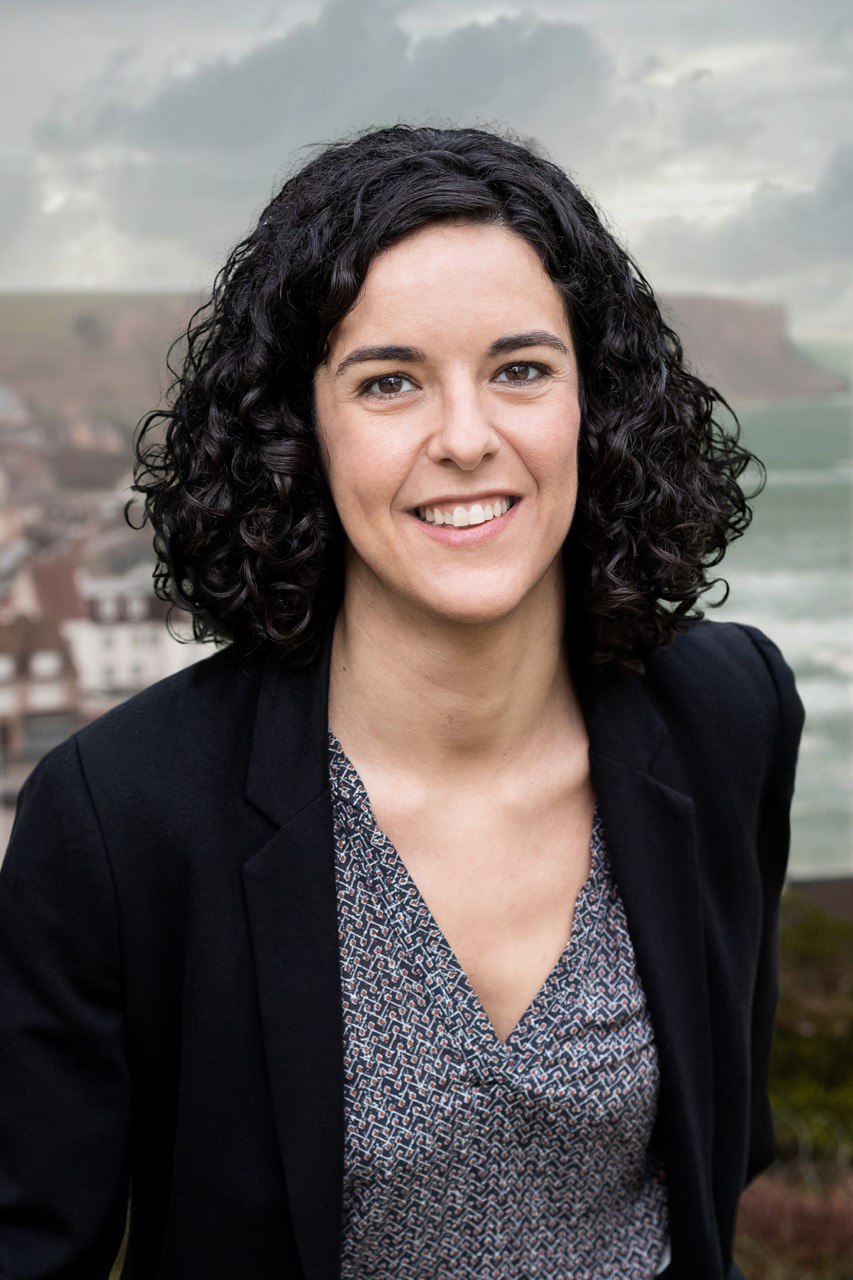
Manon Aubry
Manon Aubry, MEP
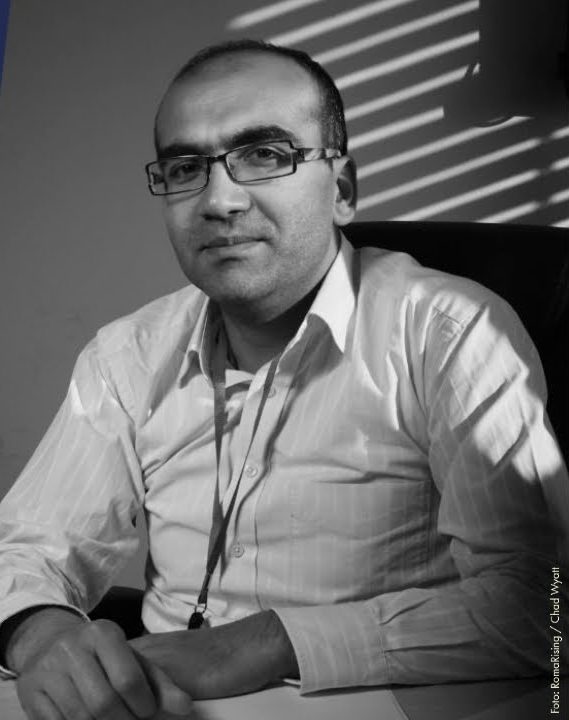
Adrian-Nicolae Furtuna
Historian at the University of Bucharest
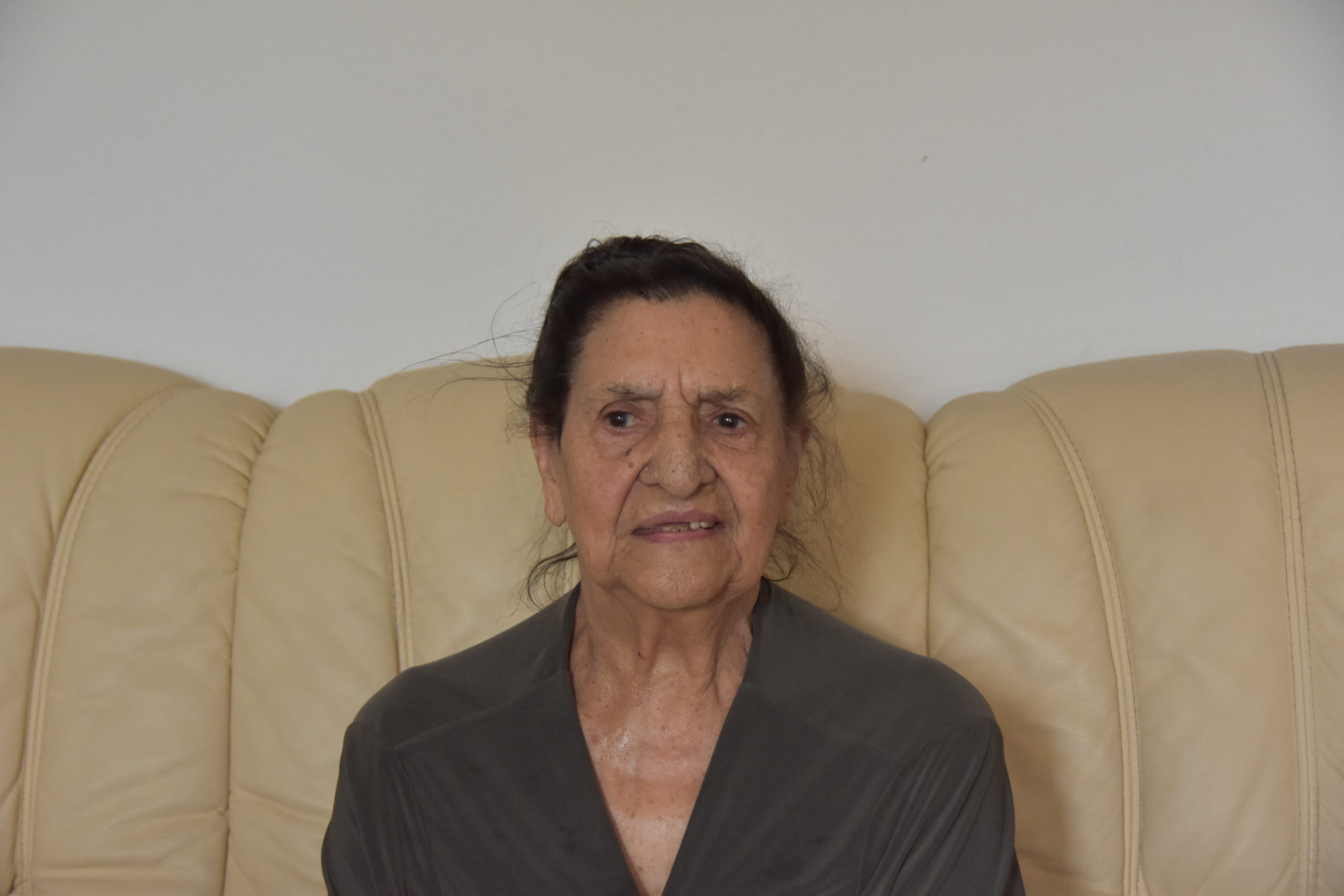
Philomena Franz
Holocaust Survivor

Angelina Kappler
German former Weinkönigin
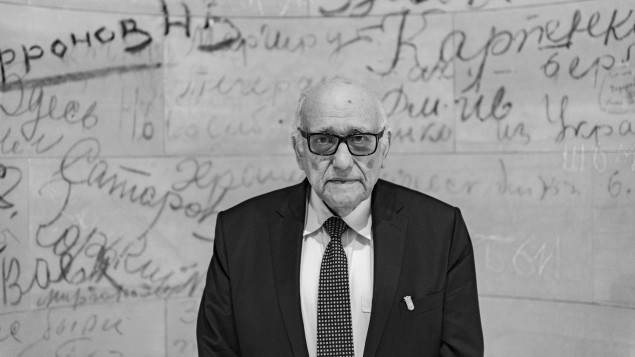
Marian Kalwary
Chairman of the Association of Jews,
Survivors and Victims of the Second World War










